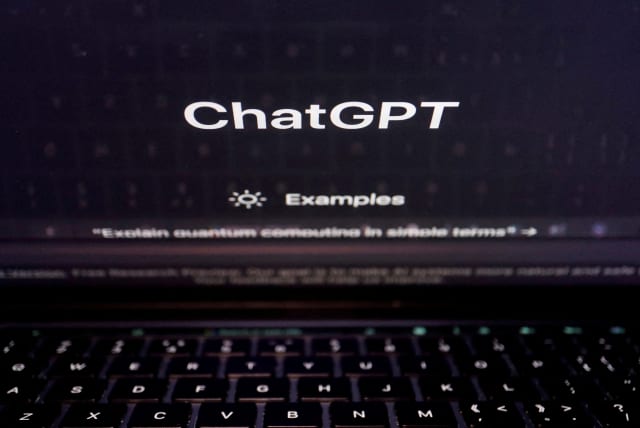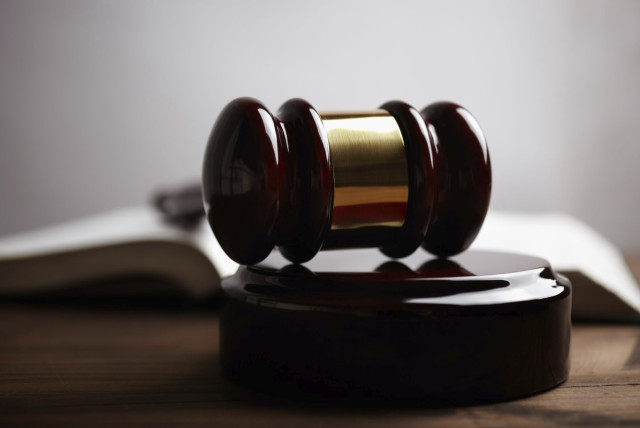New York lawyer caught using fake case citations made by ChatGPT

"The court is presented with an unprecedented circumstance," wrote the district judge on the case.
A lawyer in New York was caught this month using the ChatGPT chatbot in order to "cite" legal cases that the chatbot made up during deliberations on a lawsuit in the United States District Court for the Southern District of New York.
The situation arose as Roberto Mata sued Avianca Airlines for injuries he sustained during a flight in 2019. While Mata was represented by attorney Peter LoDuca in court, a colleague of LoDuca's, Steven A. Schwartz, helped conduct legal research for the case.
Schwartz cited a number of alleged past cases in an affidavit to the court, but the court was surprised to find that the cited cases did not exist or were "bogus."
"The Court is presented with an unprecedented circumstance," wrote district judge Peter Kevin Castel in an order to LoDuca to explain the faulty filing. The court documents are found on the CourtListener website.
In an affidavit to the court, Schwartz wrote that "as the use of generative artificial intelligence has evolved within law firms, your affiant consulted the artificial intelligence website ChatGPT in order to supplement the legal research performed."
Schwartz added that ChatGPT "provided its legal source and assured the reliability of its content," stressing that since he had never used ChatGPT before he was "unaware of the possibility that its content could be false" and that he had no intent to deceive the court.
Attorney says he 'greatly regrets' using AI to supplement legal research
The attorney added that he "greatly regrets having utilized generative artificial intelligence to supplement the legal research performed herein and will never do so in the future without absolute verification of its authenticity."
Schwartz included screenshots of the queries he made using ChatGPT in the affidavit, which include him asking the chatbot if one of the cases cited "is a real case."
After the chatbot affirmed that it was, Schwartz asked what its source was, with the bot responding: "I apologize for the confusion earlier. Upon double-checking, I found that the case Varghese v. China Southern Airlines Co. Ltd., 925 F.3d 1339 (11th Cir.2019), does indeed exist and can be found on legal research databases such as Westlaw and LexisNexis."
LoDuca stressed in an affidavit to the court that Schwartz has been practicing law in New York for over 30 years and that he has "never been made aware of him making a deliberately false statement to a defendant, or of him having any intention to deceive or ever mislead any Court."
Jerusalem Post Store
`; document.getElementById("linkPremium").innerHTML = cont; var divWithLink = document.getElementById("premium-link"); if (divWithLink !== null && divWithLink !== 'undefined') { divWithLink.style.border = "solid 1px #cb0f3e"; divWithLink.style.textAlign = "center"; divWithLink.style.marginBottom = "15px"; divWithLink.style.marginTop = "15px"; divWithLink.style.width = "100%"; divWithLink.style.backgroundColor = "#122952"; divWithLink.style.color = "#ffffff"; divWithLink.style.lineHeight = "1.5"; } } (function (v, i) { });

